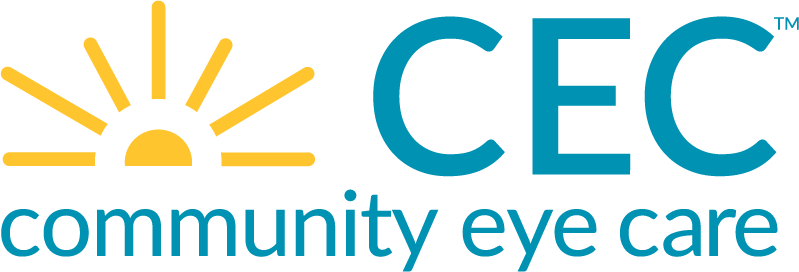
Age-related macular degeneration (AMD) is a complex eye condition that affects your ability to see what is right in front of you. In this article, we will dissect the key factors impacting AMD, shedding light on the tradeoffs, challenges, and the critical role timing plays in addressing this vision-related concern.
Understanding Age-Related Macular Degeneration
What is AMD?
Age-related macular degeneration is a progressive eye condition affecting the macula, a small but crucial part of the retina responsible for central vision. This deterioration can affect one or both eyes, often developing gradually and painlessly as we age, and lead to blurred or distorted vision, making tasks like reading or recognizing faces challenging. AMD is primarily categorized into dry and wet forms, each with its own set of characteristics and progression patterns. Diagnosis is typically done through dilation of the pupils, which helps the doctor see the macula at the back of the retina.
Risks and Contributing Factors
Several factors contribute to the development of AMD, and understanding these risks is paramount. Age is a significant factor, with individuals over 50 being more susceptible. Genetics also play a role, as a family history of AMD increases the likelihood of developing the condition. Smoking, high blood pressure, and poor dietary choices have been linked to an elevated risk, emphasizing the importance of a holistic approach to eye health.
Balancing Act: Tradeoffs in Managing AMD
Lifestyle Choices vs. Genetic Predisposition
One of the primary challenges in managing AMD is the delicate balance between lifestyle choices and genetic predisposition. While genetics may set the stage, lifestyle factors such as diet, exercise, and smoking cessation can influence the course of the condition. Navigating this balance involves making informed decisions about habits and choices that impact overall health, and understanding that addressing modifiable risk factors can have a positive impact on AMD progression.
Treatment Options: Weighing the Pros and Cons
For individuals diagnosed with AMD, treatment options become a crucial consideration. Anti-VEGF injections are commonly used to treat wet AMD, while supplements with specific vitamins and minerals are recommended for certain cases of dry AMD. However, each treatment approach comes with its tradeoffs. Injections may require frequent visits to the ophthalmologist, and supplements may not yield immediate results. Decisions about treatment must be made after careful consideration of individual circumstances, preferences, and potential side effects.
The Challenge of Timing
Early Detection and Intervention
Timing is everything when it comes to AMD. Early detection through regular eye exams is paramount, as it allows for proactive intervention and management. The challenge lies in recognizing the subtle symptoms and prioritizing eye health. Delaying or neglecting regular eye exams can result in missed opportunities for early intervention, potentially impacting the effectiveness of treatment.
Balancing Regular Monitoring with Quality of Life
The frequency of eye exams and retinal screenings can be demanding, requiring a commitment of time and resources. The challenge here is to strike a balance between regular monitoring and maintaining a quality of life. Understanding the importance of consistent eye care while acknowledging the realities of daily life is crucial. Early detection by a CEC network doctor is crucial, so opting for a schedule that aligns with individual needs and circumstances can help mitigate this challenge.
Maintaining Optimal Eye Health
When discussing age-related macular degeneration, knowledge is power. Making informed decisions about lifestyle choices, treatment options, and the timing of exams requires an understanding of the factors at play. Balancing the tradeoffs and addressing the challenges involves collaboration between individuals and healthcare professionals and a commitment to proactive eye care.
Schedule a comprehensive eye exam and talk with your CEC network eye doctor about your risk for AMD.
Information received through CEC vision care channels is for informational purposes only and does not constitute medical advice, medical recommendations, diagnosis, or treatment. Always seek the advice of your eye doctor, physician, or another qualified health provider with any questions you may have regarding a medical condition.
CEC is a wholly-owned subsidiary of VSP Vision.
Sources: American Optometric Association (AOA), American Academy of Ophthalmology (AAO), The Vision Council (TVC), National Eye Institute (NEI), and Centers for Disease Control and Prevention (CDC).
Back to All

